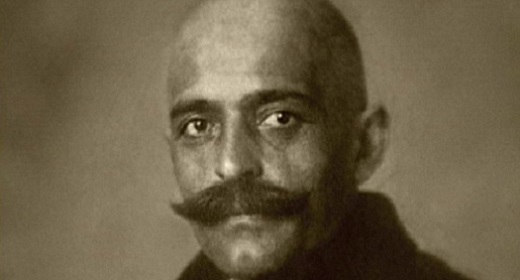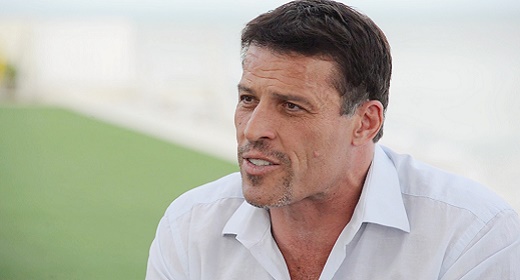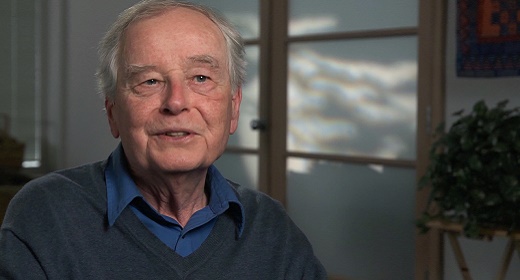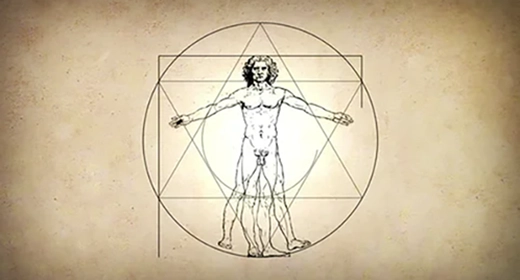by Jeff Zaleski: During the Nazi Occupation of Paris, Gurdjieff and his students dared to meet late into the night….

“You must have an aim, a serious aim,” G.I. Gurdjieff stated during a meeting with students on December 23, 1943. Certainly Gurdjieff’s aim was serious in gathering men and women hungry for spiritual awakening during the Nazi Occupation of Paris. Clandestine meetings were forbidden, a curfew was in effect; despite the darkened windows of Gurdjieff’s tiny apartment, discovery by the Gestapo of the meetings held there was an ever-present, potentially mortal risk. But all involved felt the risk was worth taking.
Notes were kept under Gurdjieff’s direction at these meetings, held at 6 rue des Colonels, where he had been living since 1936. He had already accomplished enough for several lifetimes, from his early years as a seeker of truth in remote areas of Eurasia, to the transmission of what he’d learned through groups in pre-Revolutionary Russia, an Institute outside Paris, talks and demonstrations throughout Europe and America, and his artistic creations, which included books, music, and sacred dances.
Ultimately, however, students were drawn to Gurdjieff for the quality of his being, for the mastery of self and depth of wisdom he manifested as a living example of what he taught. It is this that brought the American writer Solita Solano to him, and it was she who donated some of the meeting notes to the Library of Congress. Those notes later were brought to public attention in 2001 by William Patrick Patterson in his book Voices in the Dark.
But Solano’s notes were incomplete. The full meeting notes rested in the archives of the Gurdjieff Institute in Paris. Now, after years of careful translation from French to English by various Gurdjieff Foundation groups, the notes for the meetings held in 1943 have just been published in a handsome hardcover from Dolmen Meadow Editions.
Paris Meetings, 1943 contains the transcripts of sixty-eight meetings held by Gurdjieff with students from January 7 through December 20 of that year, dozens more than have previously been made public. Parabola is pleased to present the transcript of the meeting held on December 23, 1943.
Perhaps most striking in the transcript is the plain practicality of Gurdjieff’s teaching. He gives exercises and direction, always emphasizing the need to see deeper: “Make more observations. Collect more material.” Yet this prescribed activity must not happen willy-nilly. “One must never do an exercise without preparation,” he says. “All your functions are automatized. Before any exercise, you must sacrifice five, ten, fifteen minutes to relax and to calm your associations. Whether the exercise is big or little—all exercises.”
There is discussion of money and payment and wealth in this meeting’s notes. As always, Gurdjieff surprises with his approach. As the note-taker asks a question, another takes notes for him. Of the note-taker, Gurdjieff asks about his substitute, “When he helps you, do you pay him? In one way or another?”
“No.”
“In everyday life, this is a question,” says Gurdjieff. “With money or something else, you must pay him.” The substitute says that it is he who owes the note-taker, and so Gurdjieff responds that they must both pay.
How? Gurdjieff suggests that they both stand with their arms outstretched to the side for ten, fifteen, thirty, sixty minutes. “It is only then that you will be able to appreciate his help and that he will understand its value.”
The meeting opens with readings from two of Gurdjieff’s writings. Other than Gurdjieff, the only participant identified by name is Mme. (Jeanne) de Salzmann, Gurdjieff’s closest pupil and the one to whom he entrusted the direction of his teaching upon his death in 1949.









































